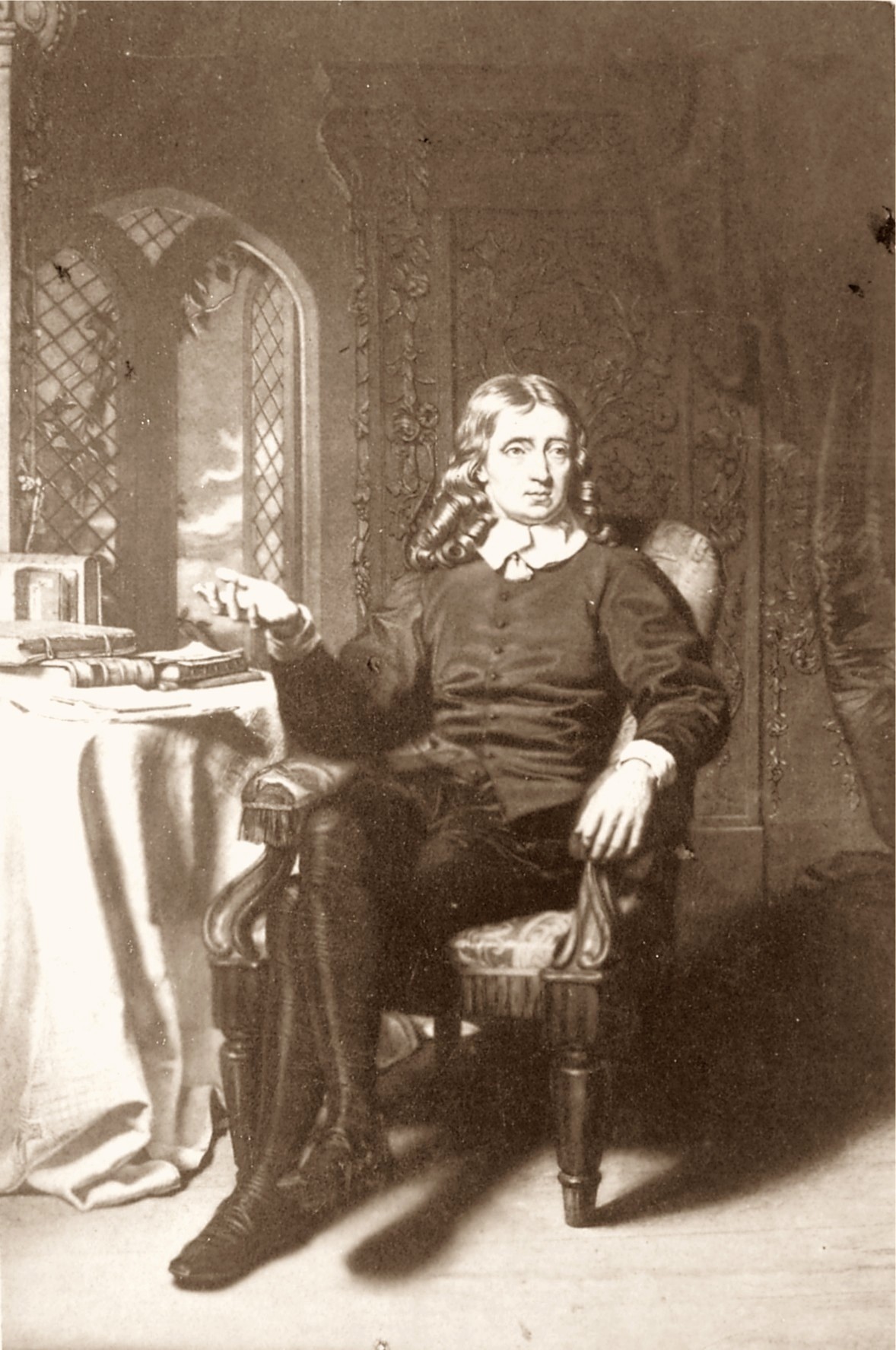I always, or at least since grad school, thought that it was American publishing practice that everything went inside the quotation marks, even if you add a question mark. Today I was reviewing the SBL Handbook of Style and was surprised to see that they do not agree.
A question mark, however, belongs outside of the quotation marks unless it is part of the quoted or parenthetical material (CMS 5.28). Thus:
Why had he said, “I’m too tired to respond”?
Do you understand the word “pedant”?
He asked, “What can I do?”Colons and semicolons also belong outside quotation marks:
S. Westerholm wrote the article “ ‘Letter’ and ‘Spirit’: The Foundation of Pau-
line Ethics.”
Who knew? (Probably a lot of you. That was just rhetorical, no need to reply.)





7 thoughts on “Wither goest the quotation marks?”
Since starting work as an editor on the New Interpreter’s Dictionary of the Bible, I have been spending a lot of time with the SBL Style Guide. I have always been very particular about conforming to style guides, but I have learned a number of new things in the past few weeks.
Personally, I have always preferred the British style, which places most things outside the quotes unless they are a part of the quote.
If I could change one thing about scholarly writing, I would wish for scholars to learn to use the comma properly. A number of our contributors seem to think that a comma is the equivalent of a breathing mark. Blech!
I would echo the preference for the British system (or let’s just called it the syntactically sound system) where punctuation that is a function of the quote goes inside the quotation marks while punctuation that is a function of the sentence goes outside the marks.
I agree with you both, which is why I was surprised to see that SBL seems to be taking half a step towards the home of our native tongue. Next they will be making even commas outside of the quotation marks!
What about the SBL Handbook of Style’s style? That is, what about “belongs outside of the quotation marks”? “Outside of”? I’d drop the “of”. I couldn’t use a style with an “of” where it shouldn’t be. Isn’t it just an “Americanism”? However I agree with their placing of quotation marks.
Good point Steph! I don’t think it is an Americanism at all, rather you are correct and it should be “outside the quotation marks”. 🙂
I see and hear that stray or superfluous “of” often, always from an American source. “Get off of the chair”. Why did it originate? I suppose we get out of a car so we might get off of a chair – except we don’t of course. We get off it. …. 🙂
Steph you could well be right and I am simply too close to the source of the phrase.